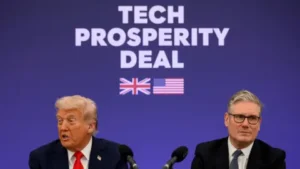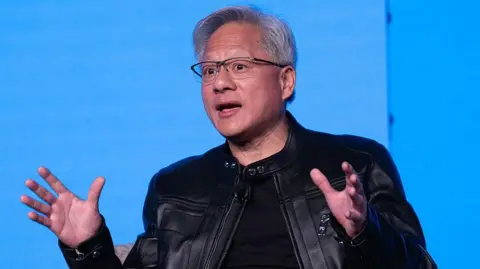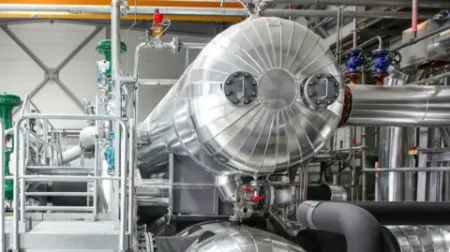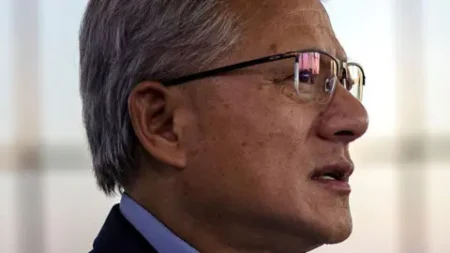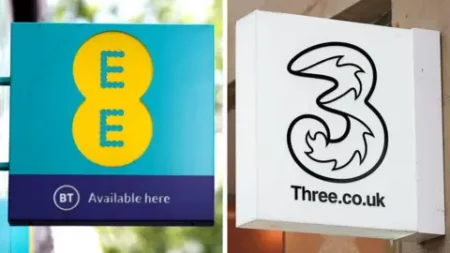**Nvidia to Resume AI Chip Sales to China Amid Eased Trade Tensions**
In a significant development, US technology behemoth Nvidia has announced the resumption of its sales of high-end artificial intelligence (AI) chips to China. This decision marks a pivotal shift, considering the constraints imposed earlier by the US government. In a recent blog post, the company revealed that it had received assurances from the US government regarding the provision of necessary licenses to facilitate this restart, which is particularly notable given the heightened scrutiny surrounding technology exports to China.
Previously, Nvidia faced a ban on selling its advanced H20 chips in the Chinese market. This restriction was put in place by the Trump administration back in April, primarily due to concerns about the potential application of these chips in military endeavors by the Chinese state. The H20 chips had become a focal point in US export controls aimed at preventing cutting-edge technology from falling into the hands of Beijing, reflective of the escalating AI competition between the US and China.
Notably, the US Department of Commerce has yet to respond to inquiries regarding the latest licensing developments following Nvidia’s declaration. The H20 chip in question was specifically developed for the Chinese market after the Biden administration enacted export restrictions in 2023. The ban on its sale, initially imposed by the Trump administration, created a significant roadblock for Nvidia’s operations and aspirations in one of its most crucial markets.
This latest announcement coincides with a period characterized by alleviating trade tensions between Beijing and Washington. Recent months have seen both governments engage in dialogues to moderate the tariffs that have been a point of contention since Trump re-entered the White House earlier this year. A notable agreement from May initiated a temporary truce in the tariffs war, with both sides aiming for a more durable resolution before the deadline of August 12.
On the operational front, there have been signs of de-escalation from both nations. For instance, Beijing recently moved to soften trade regulations surrounding rare earth exports, sectors critical for technology manufacturing. Concurrently, the US lifted certain restrictions on chip design software businesses operating within the Chinese economy, signaling a potential thaw in relations.
Nvidia’s executives see the Chinese market as indispensable, given its stature as one of their largest consumer bases globally. The standing of Nvidia within the AI domain is significant, and CEO Jensen Huang has actively campaigned for the revival of the sales of H20 chips in China. His advocacy involves negotiations with key stakeholders on both sides of the Pacific Ocean. While in China, Mr. Huang has engaged with Chinese governmental and industry representatives to discuss the implications of AI on productivity and explore avenues for safe and innovative research.
During his interactions, Mr. Huang met with Trump to reaffirm Nvidia’s goal of bolstering employment opportunities and ensuring the US maintains its technological leadership in AI on a global scale. This multifaceted approach illustrates Nvidia’s commitment to navigating the complexities of US-China relations while seizing opportunities in the burgeoning AI market.
In conclusion, Nvidia’s decision to resume AI chip sales to China underlines the changing dynamics of international trade within the tech industry. As the US and China appear to soften their stances on several economic issues, Nvidia stands poised to capitalize on renewed opportunities for growth and collaboration in the AI sector, as both nations gauge their evolving economic relationship. Such shifts not only have significant implications for Nvidia but also for the global landscape of technology and innovation in an increasingly interconnected world.


